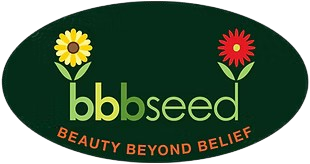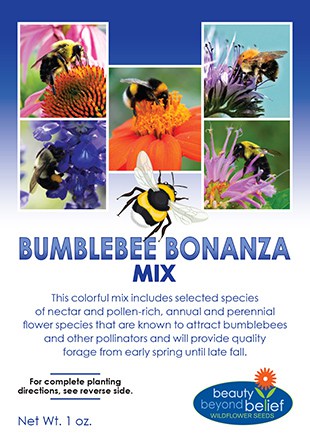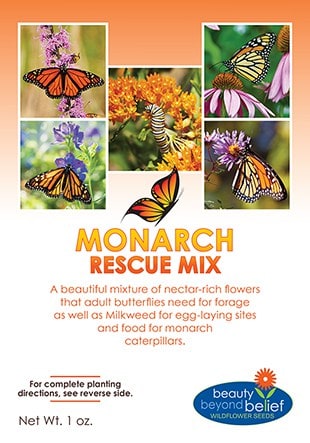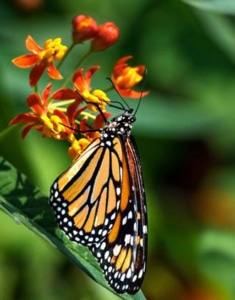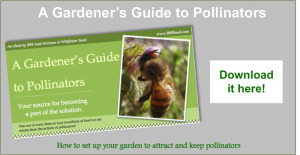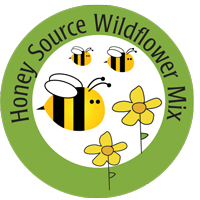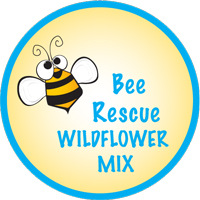Pollinator Conservation
Planting for Nectar and Pollen
BBB Seed is ardently committed to promote the health of pollinators as an essential component of a sustainable food supply. To address this critical agricultural and environmental issue we offer a line of products developed specifically to aid the pollinators. These wildflower seed mixes for pollinators are designed for specific types of pollinators and are of species that will provide full, 3 season, blooms with great nectar and pollen for the insects and hummingbirds and seeds for birds. Planted in masses in yards or gardens, along roadways and walkways, along fence lines and even in patio pots will create habitat providing food and shelter for the pollinators.
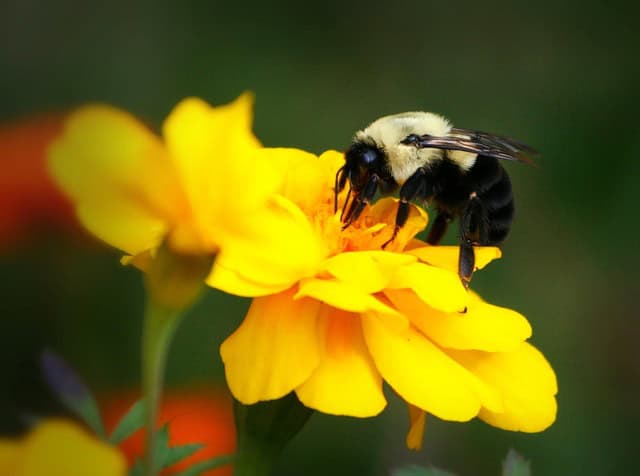
Plant for pollinator conservation.
Protection and Conservation
1. Importance of Bees as Pollinators
• Bees are the most predominant pollinators of flowering plants.
• Vital role in sustaining healthy ecosystems.
2 Decline in Bee Populations
• Loss of natural food supplies and habitat has led to the decline of native bees.
• European Honey bees also in decline due to Colony Collapse Disorder.
3. Pollinator Conservation Efforts
• 2008 Farm Bill:
– Reauthorizes incentives for wildlife habitat conservation practices.
– Provides funding and expertise for:
— Maintaining or purchasing easements to conserve or restore native grasslands.
— Protecting agricultural lands from non-agricultural development.
– These efforts help support and protect pollinators.
4. Simple Pollinator Conservation Practices
• For Native Bees:
– Preserve or create safe bee habitats.
– Key components of a good bee habitat:
— Water source.
— Nesting area.
— Secure overwintering site (undisturbed).
• Planting for Pollinators:
– Plant flowers that provide year-round nutrition (nectar and pollen).
– Support local pollinators with diverse flower types.
5. BBBseed’s Bee Rescue Mixture
• Composed of annuals and perennials that bloom all season long.
• Field-tested to attract:
– Honey bees, bumble bees, mining bees, leaf-cutter bees, sweat bees, and long-horned bees.
• Foraging benefits:
– Bees gather nectar and pollen, providing essential carbohydrates and protein.
• Well-nourished bees are more resilient to diseases and parasites, supporting ecosystem health.
